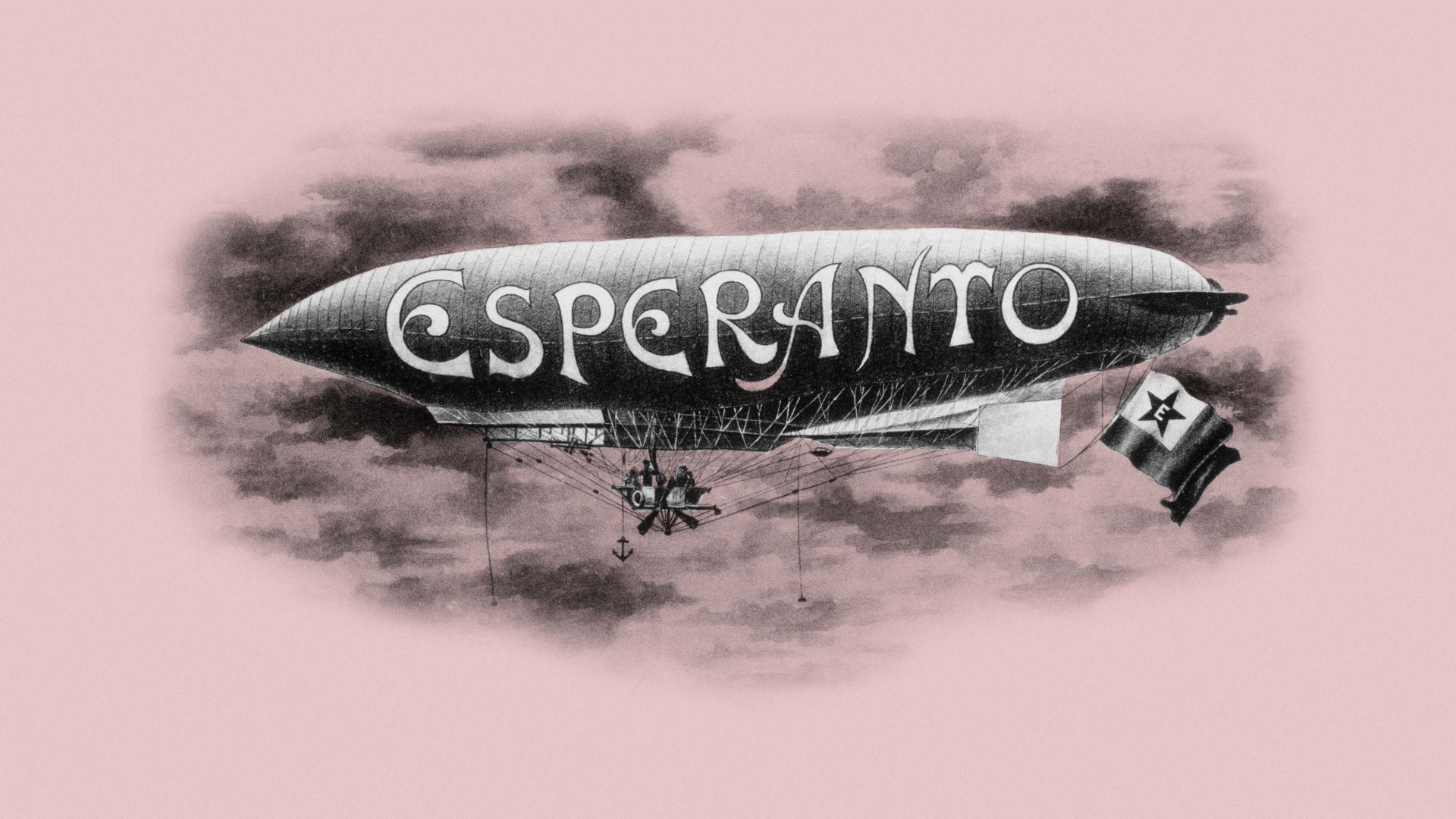When you want to learn a language, you go big; you learn one with economic heft or cultural cache; one that’s relevant. In other words, you certainly do not go for Esperanto, the “international second language”. You don’t, unless you’re me.
Why? Well, I could tell you about its very much alive, global intellectual tradition; or the buzz from speaking a “neutral” language, with no native speaker patiently indulging you (or you them); but I fear your sneers, so I will give my go-to answer: I learned it to save money. Knowing the language let me stay with more than a dozen people last autumn, from Budapest to Madrid, who expected no compensation past my company. Not bad for a failed language.
Last summer, school was winding down and a hastily arranged, very expensive gap year loomed. And then, in some travel listicle, I found Pasporta Servo, a free Esperanto homestay platform with hosts around the globe.
It turns out that the language is unusually easy – it was designed that way. It has no exceptions or irregular verbs, perfectly phonetic spelling, and a grammatical system that means instead of just memorising words, you can often construct them. Hospital, for example, is “malsanulejo”, literally “non-healthy-person-place”. It also doesn’t hurt that most of the words are from Romance languages, so if you studied one you’ll recognise a lot.
There are Esperanto magazines for young people, pacifists, anarchists, Iranians, Catholics in the Czech Republic, and radio broadcasts from local Esperanto clubs, alongside broadcasts in the language, ranging from the Vatican to the Chinese Communist Party. There is even an atrocious 1960s Esperanto horror film starring William Shatner, called Incubus.
So I hit the books, the magazines and the DVDs, and after three-ish months I could stammer my way through a conversation.
As I got going through Europe, my Esperanto gradually improved. It got to the point where one host showed me around Turin and I understood his account of its time as Italy’s capital. The tour was, however, cut short when he stopped to hand out flyers, wearing his Esperanto cap, flag and “Keep Calm and Learn Esperanto” T-shirt.
By the time I got to Budapest, I could follow my host recounting his own travels with Pasporta Servo, crashing with Dutch squatters and Orthodox Jews. His flat was in a gorgeous art deco building near the Danube; I could use my Esperanto to compliment it.
As I travelled, I began getting a sense of Esperanto’s demographics. In its beginnings it was strongly tied to workers’ movements, but these days it tends to skew towards humanities students and schoolteachers. Not everyone fitted into that mould – the grandfatherly Turinese had worked in a Fiat factory from 15 – but two of my hosts were philosophy students.
Then there was the couple in Berlin – we tried Esperanto but they couldn’t help speaking perfect English, so we gave up. We did message afterwards in Esperanto, to ease our consciences. The student I stayed with in Madrid had been raised bilingually in Spanish and Esperanto. Her father was a translator who was learning hieroglyphics for fun; she reckoned he spoke around 20 languages and had studied 80-odd. I believed her. In the guest room alone there were dictionaries in a dozen different languages.
So no, the world does not speak Esperanto – but these days that’s not really the point. What it gives you is a new way of meeting people, of getting to grips with polyglot Europe. I’m certainly happy with that – and my bank account is, too.



